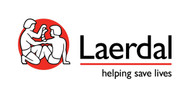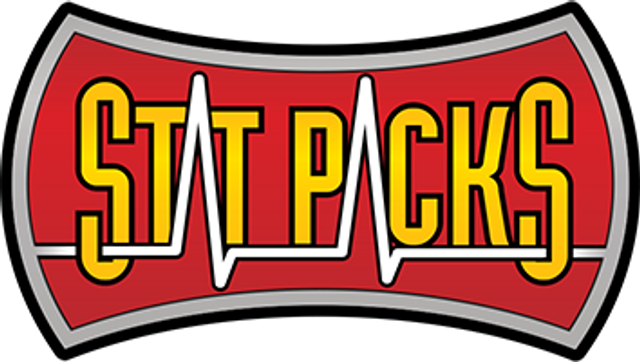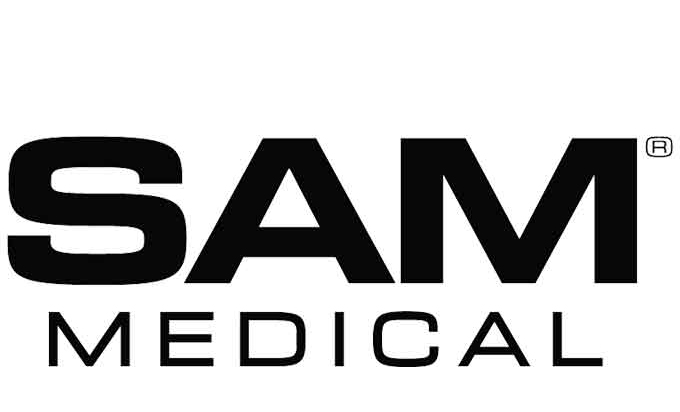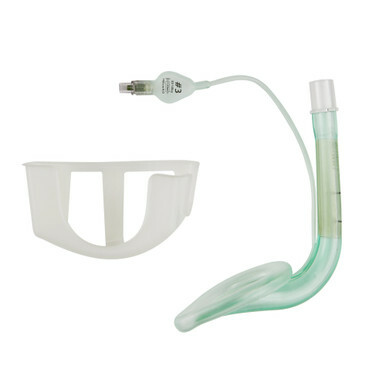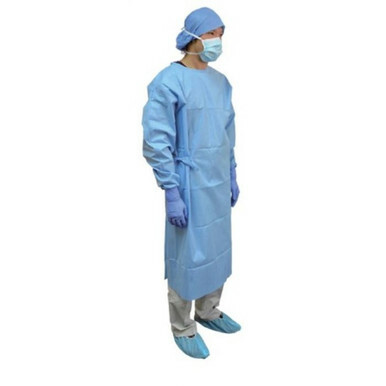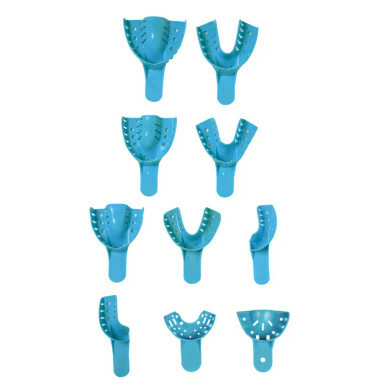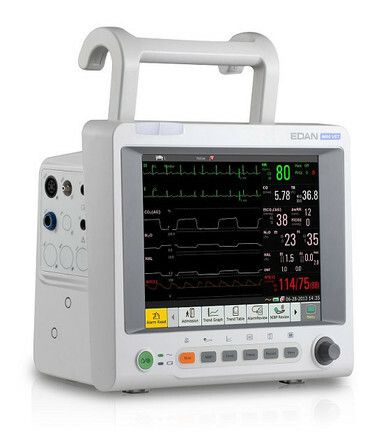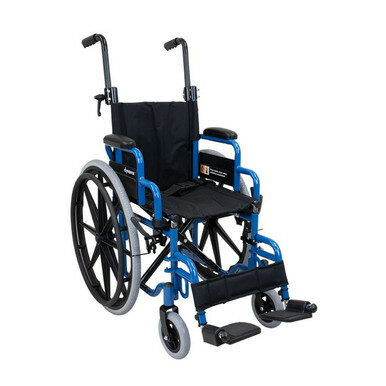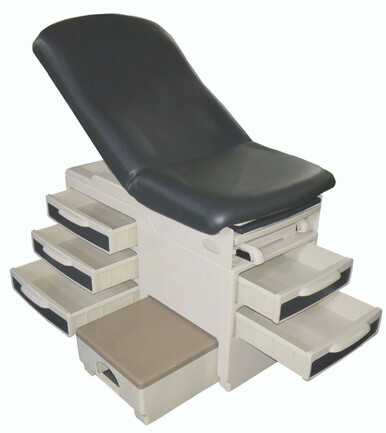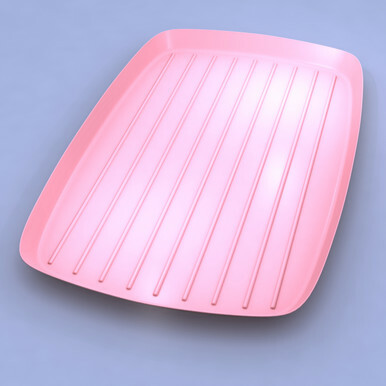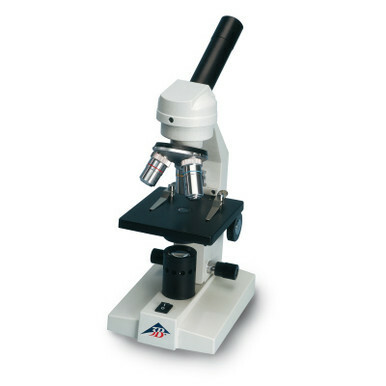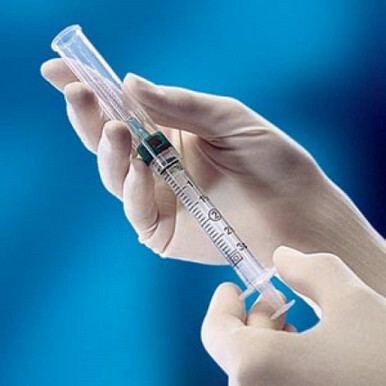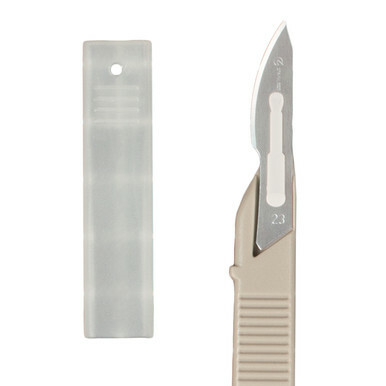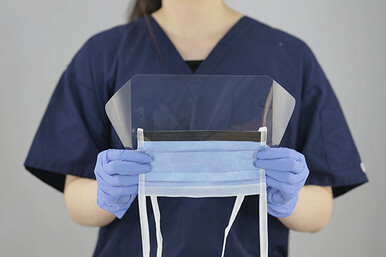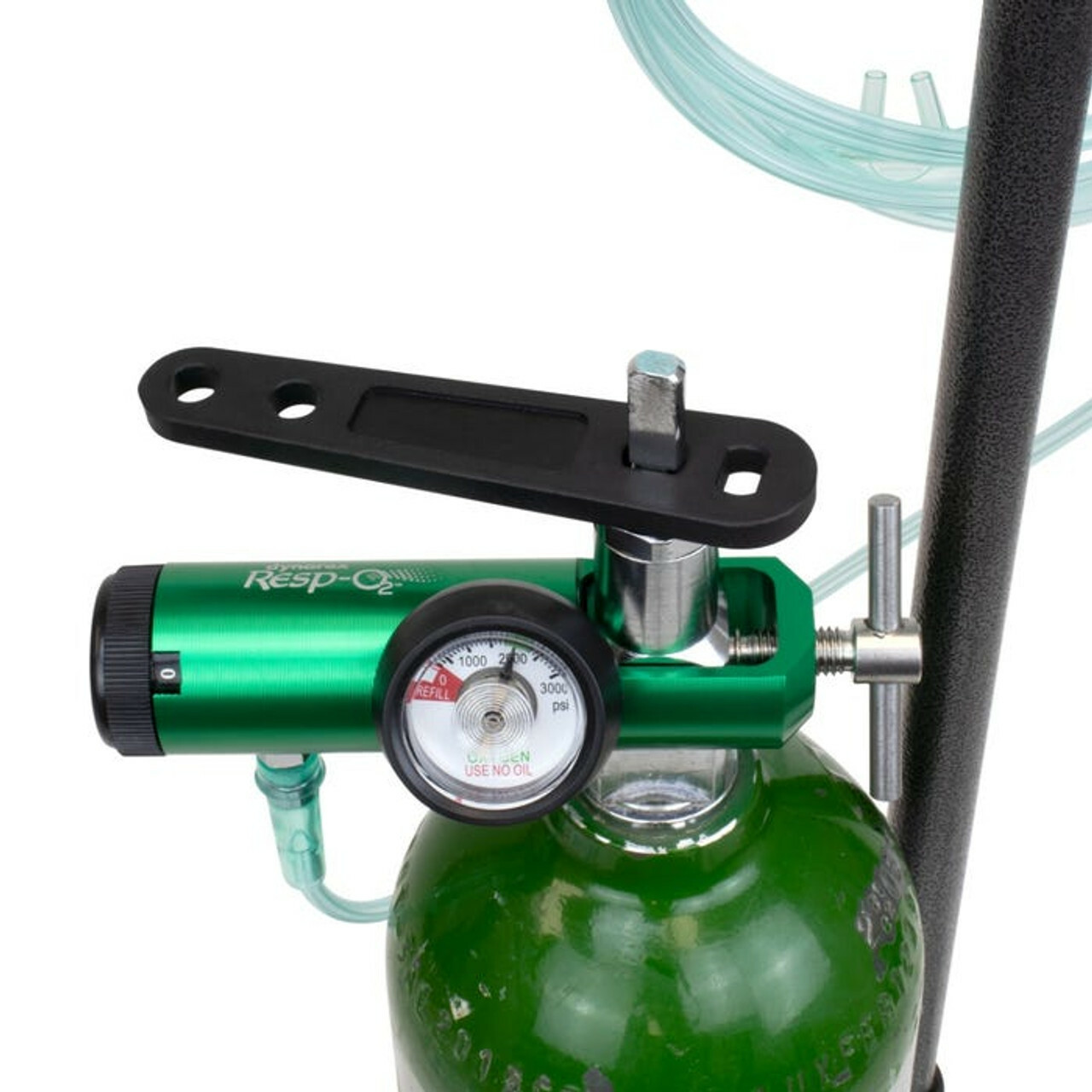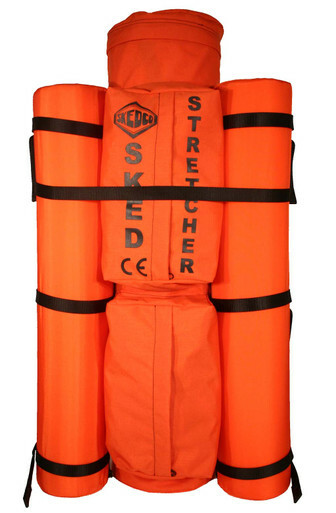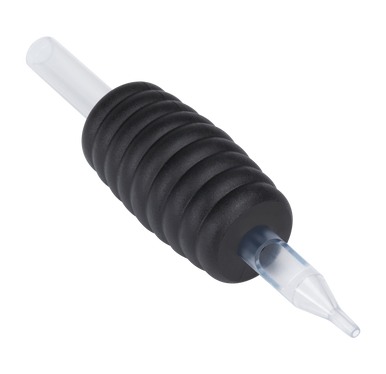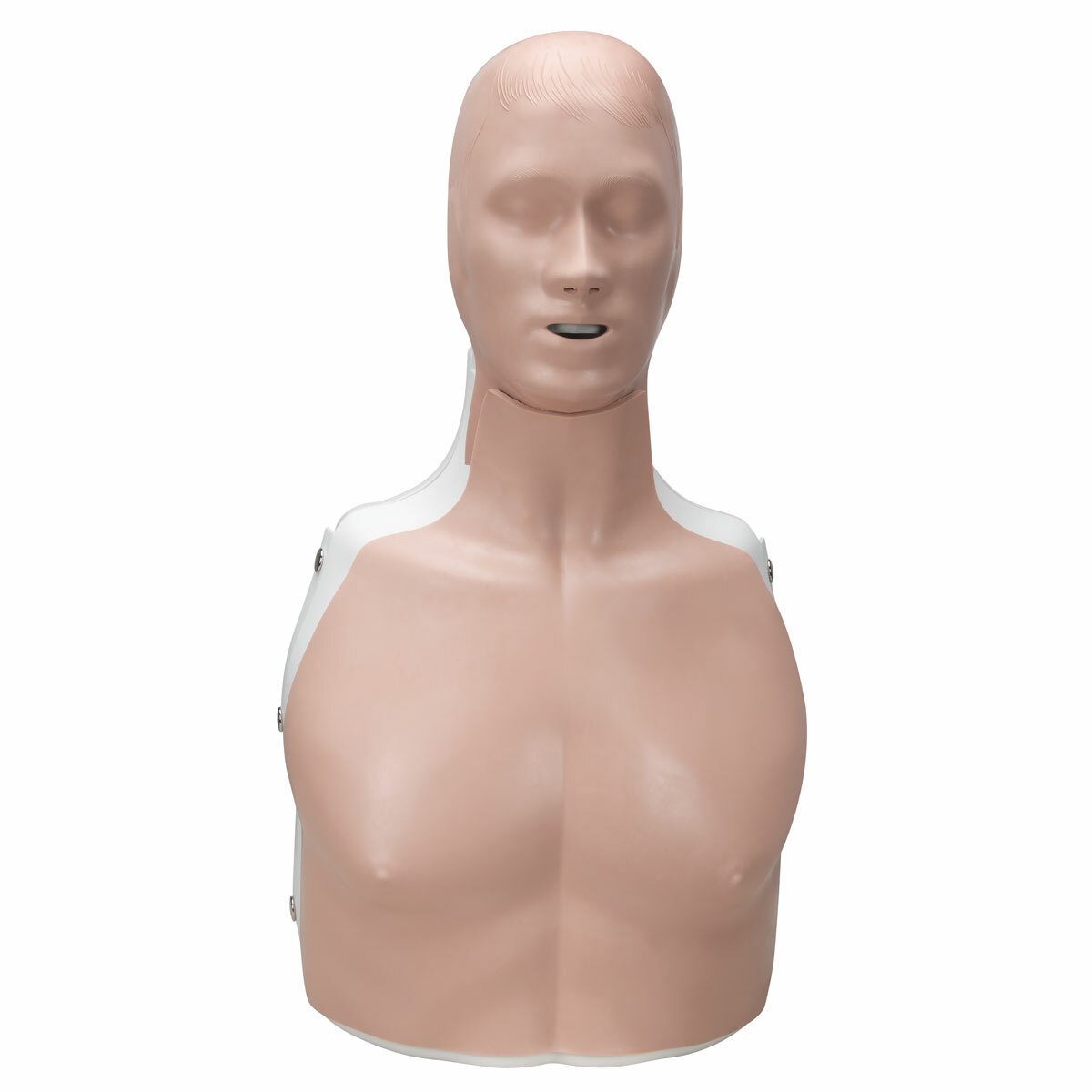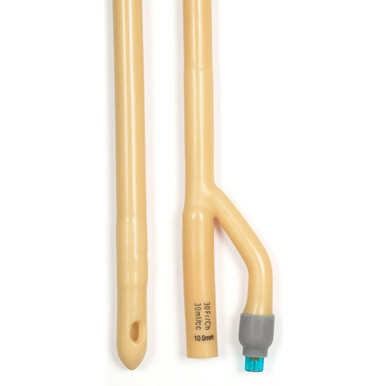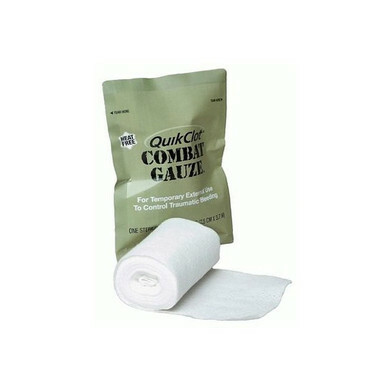Precision Instruments: The Definitive Guide to Scalpels in Medical Practice
Posted by EMRN on 28th Sep 2023
In the world of surgical precision, few instruments are as iconic as the scalpel. This small, seemingly simple tool has been a mainstay in the medical field for centuries, serving as an extension of a surgeon's skill and expertise. In this blog post, we'll explore the significance of scalpels in the medical profession, their various types, and the critical role they play in healthcare.
The Scalpel's Timeless Role in Medicine:
A scalpel is a small, sharp knife with a thin, straight blade, designed for precise incisions during surgical procedures. Its importance in medicine cannot be overstated, as it is often the first tool a surgeon reaches for when beginning a procedure.
Types of Scalpels:
- Disposable Scalpels: These are single-use scalpels that come pre-sterilized. They are convenient, ensuring a sharp, sterile blade for each procedure, reducing the risk of infection.
- Re-Usable Scalpels: Re-usable scalpels have replaceable blades. After each procedure, the blade is removed, sterilized, and replaced with a new one, ensuring a sharp cutting edge.
- Safety Scalpels: These are designed to minimize the risk of accidental cuts or needlestick injuries. They often have a retractable blade that covers the sharp edge after use.
- Electric Scalpels: These modern tools use electrical energy to generate heat, effectively cutting and cauterizing tissue simultaneously. They are common in certain surgical specialties.
Why Scalpel Selection Matters:
- Precision: Scalpels are unmatched in their ability to make clean, precise incisions. The choice of scalpel and blade type depends on the procedure's requirements.
- Reduced Tissue Trauma: A well-chosen scalpel minimizes tissue damage, leading to faster healing and better outcomes for patients.
- Infection Control: Disposable scalpels and proper sterilization practices are essential for reducing the risk of surgical site infections.
- Surgeon Comfort: Ergonomically designed scalpel handles improve surgeon comfort and reduce hand fatigue during lengthy procedures.
Choosing the Right Scalpel:
Selecting the right scalpel involves considering factors like blade size and shape, handle design, and the specific requirements of the procedure. Surgeons and medical professionals often have preferences based on their experience and the nature of their work.
Conclusion:
Scalpels are an integral part of the medical profession, and their importance cannot be overstated. From precision and safety to infection control and surgeon comfort, the right scalpel choice can significantly impact patient outcomes.
At EMRN, we understand the critical role scalpels play in healthcare. We offer a range of high-quality scalpels and surgical instruments designed to meet the diverse needs of medical professionals. Explore our selection today to find the right scalpel for your practice, and rest assured that you are equipped with the tools needed to deliver exceptional patient care.



